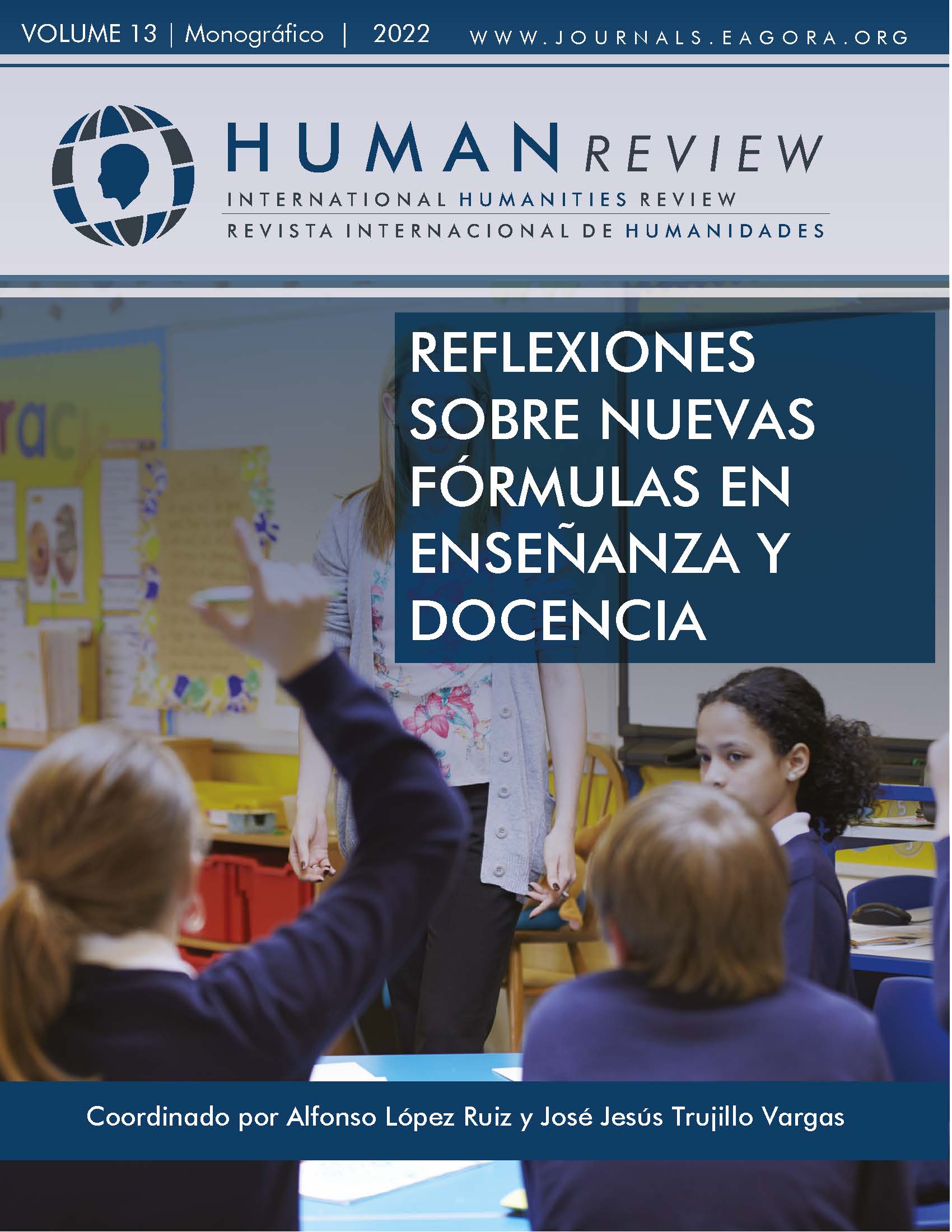Learning Urbanism with board games
An experience in Universidade Portucalense
DOI:
https://doi.org/10.37467/revhuman.v11.4085Keywords:
Urbanism, Board Games, University Teaching, Architecture, Design Thinking, Cities, Pedagogic InnovationAbstract
There are many combinations of Urbanism with Games, but the issues to understand the cities, their planning, project and government, are usually very complex. This work presents the application of a game that stimulates the architecture students for the integrated knowledge of urban planning. The experience of this ludic activity, extended by some academic exercises in continuity, allows to discuss several relevant questions, as the scale, the indicators and aspects of economy and environment. The results show that there is also the potential to improve the professional practices, especially in urban and territorial management.
References
Buras, N. (2019). The Art of Classic Planning. Cambridge, Massachusetts: The Belknap Press of Harvard University Press.
Florentino, R. (2008). Parámetros de gobernabilidad territorial metropolitana. In Cadernos Metrópole, nº 20, pp. 93-106.
Freitas, I. et al. (2021) Historical landscape monitoring through residents perceptions for tourism: the World Heritage Porto city. In Tourism Planning & Development, 18:3, pp. 294-313. DOI: https://doi.org/10.1080/21568316.2020.1769717
Geddes, P. (1915). Cities in Evolution. London: Williams and Norgate.
Lerner, J. (2003). Acupuntura Urbana. Rio de Janeiro: Editora Record.
Moreno, C. (2020). Droit de cité: De la “ville-monde” à la “ville du quart d’heure”. Paris: L’Observatoire.
Monteiro, C., Oliveira, V. (2022). Changing methods in teaching for strengthening the relation between research and practice. In Proceedings of the 6th Symposium Formal Methods in Architecture, 24th to 27th of May, Escuela Técnica Superior de Arquitectura de la Universidad de A Coruña.
Morris, A. (1972). History of Urban Form. Before the Industrial Revolutions. Longman Group UK Limited.
Neuman, M., Zonneveld, W. (2018). The resurgence of regional design. In European Planning Studies, Vol. 26, Issue 7, pp. 1297-1311. DOI: https://doi.org/10.1080/09654313.2018.1464127
Ortiz, P. (2013). The Art of Shaping the Metropolis. McGraw Hill Education book.
Sánchez, I. (1999). Introducción al Urbanismo. Conceptos y métodos de la planificación urbana. Madrid: Alianza Editorial.
Santamera, J. (2006). La ciudad. Realidad. Pensamiento y acción (meditaciones, ideas y creencias). Madrid: Colegio de Ingenieros de Caminos, Canales y Puertos.
Secchi, B. (2000). Prima lezione di urbanística. Roma: Gius, Laterza & Figli.
Sousa, M. (2021). Serious board games: modding existing games for collaborative ideation processes. In International Journal of Serious Games, Vol. 8, Issue 2, pp. 129-146. DOI: https://doi.org/10.17083/ijsg.v8i2.405
Sousa, M., Antunes, A.P, Pinto, N. & Zagalo, N. (2022). Fast Serious Analogue Games in Planning: The Role of Non-Player Participants. In Simulation & Gaming, Vol. 53, Issue 2, pp. 175-193. DOI: https://doi.org/10.1177/10468781211073645
Tapia, I. (2020). Escape Map. Barcelona: Editorial Planeta, SA.
Tapia, I., Lorente, L. (2020). Escape Room. Educación. 4 Experiencias para Aprender Jugando. Barcelona: Editorial Planeta, SA.
Terán, F. (2009). El pasado activo. Del uso interesado de la historia para el entendimiento y la construcción de la ciudad. Madrid: Ediciones Akal.
Wirth, L. (1938). Urbanism as a way of life. In American Journal of Sociology, vol. 44, nº 1. DOI: https://doi.org/10.1086/217913
Downloads
Published
How to Cite
Issue
Section
License
Those authors who publish in this journal accept the following terms:
- Authors will keep the moral right of the work and they will transfer the commercial rights.
- After 1 year from publication, the work shall thereafter be open access online on our website, but will retain copyright.
- In the event that the authors wish to assign an Creative Commons (CC) license, they may request it by writing to publishing@eagora.org









